Main CPGW Record
Surname: FORREST
Forename(s): Reginald
Place of Birth: Clitheroe, Lancashire
Service No: ---
Rank: Lieutenant
Regiment / Corps / Service: Loyal North Lancashire Regiment
Battalion / Unit: 1/5th Battalion
Division: 55th (West Lancashire) Division
Age: 26
Date of Death: 1916-09-27
Awards: ---
CWGC Grave / Memorial Reference: II. H. 22.
CWGC Cemetery: A.I.F. BURIAL GROUND, FLERS
CWGC Memorial: ---
Non-CWGC Burial: ---
Local War Memorial(s): Not Listed (View Names Not Listed on a Local War Memorial)
Additional Information:
Reginald Forrest (born 9 September 1890) was the son of Thomas and Mary Ann Annear Forrest, née Scobell. Thomas was born at Clitheroe, Lancashire and Mary at Whitchurch, Devon.
1891 Clitheroe, Lancashire Census: 15, York Street - Reginald Forrest, aged 6 months, born Clitheroe, son of Thomas and Mary A. Forrest.
1901 Clitheroe, Lancashire Census: 15, York Street - Reginald Forrest, aged 10 years, born Clitheroe, son of Thomas and Mary A. Forrest.
1911 Clitheroe, Lancashire Census: Major House - Reginald Forrest, aged 20 years, born Clitheroe, son of Thomas and Mary Ann Annear Forrest.
British Army WW1 Medal Rolls Index Cards: Pte Reginald Forrest, 2379 & 2/Lt Loyal North Lancashire Regiment. Theatre of War (1) France. Qualifying date [for 1914-15 Star]: 12 February 1915. Commissioned: 18 January 1916. Correspondence: Mrs. Forrest (Mother) Major House, Clitheroe, Lancs.
Reginald is commemorated on the Clitheroe War Memorial and Clitheroe Royal Grammar School Roll of Honour.
See also: 'Long Preston and the Great War' by Long Preston Heritage Group (2015).
Photograph: ‘Clitheroe Times’ (7 October 1916).
Data Source: Craven’s Part in the Great War - original CPGW book entry
View Entry in CPGW BookEntry in West Yorkshire Pioneer Illustrated War Record: ---
---
Click the thumbnail below to view a larger image.
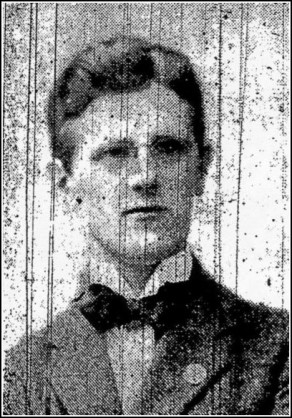
Lieutenant Reginald FORREST
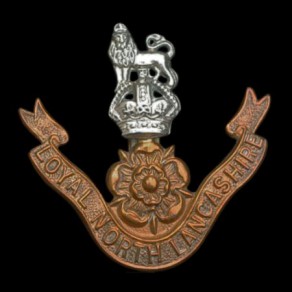
Regiment / Corps / Service Badge: Loyal North Lancashire Regiment

Divisional Sign / Service Insignia: 55th (West Lancashire) Division
Comment on this Soldier Record
You can leave comments on this soldier record. Please note all comments will be manually approved before they appear on the website.

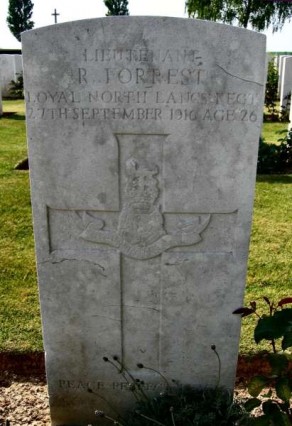
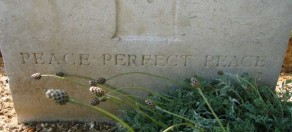
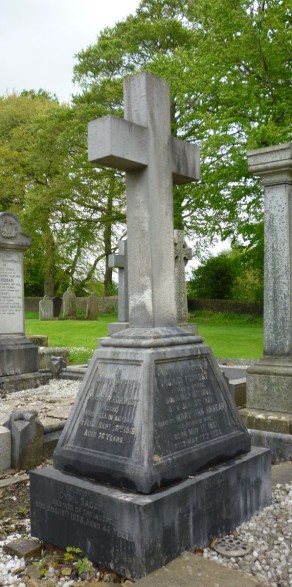
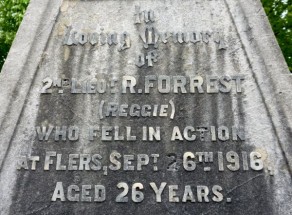





No comments yet.